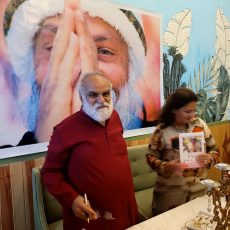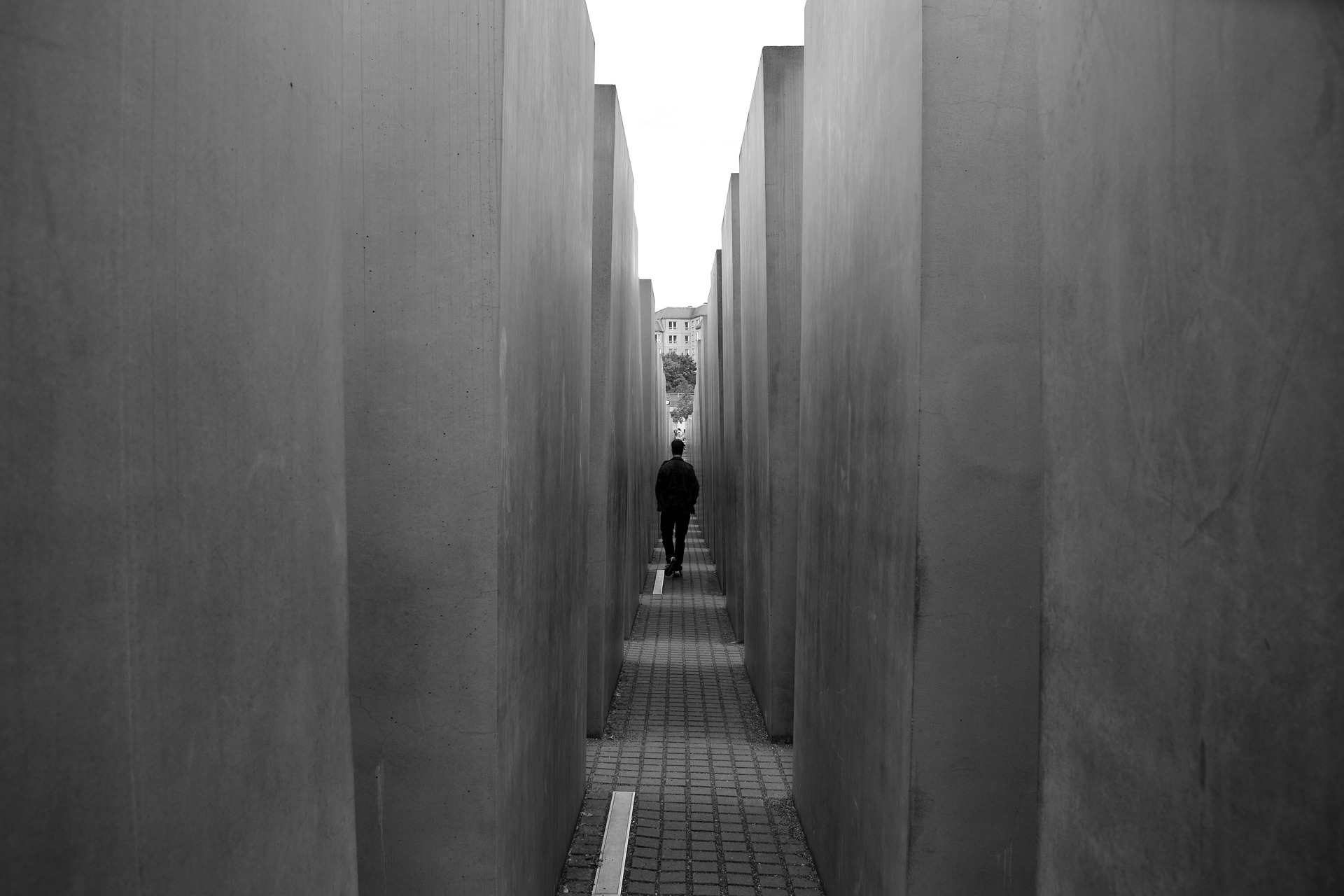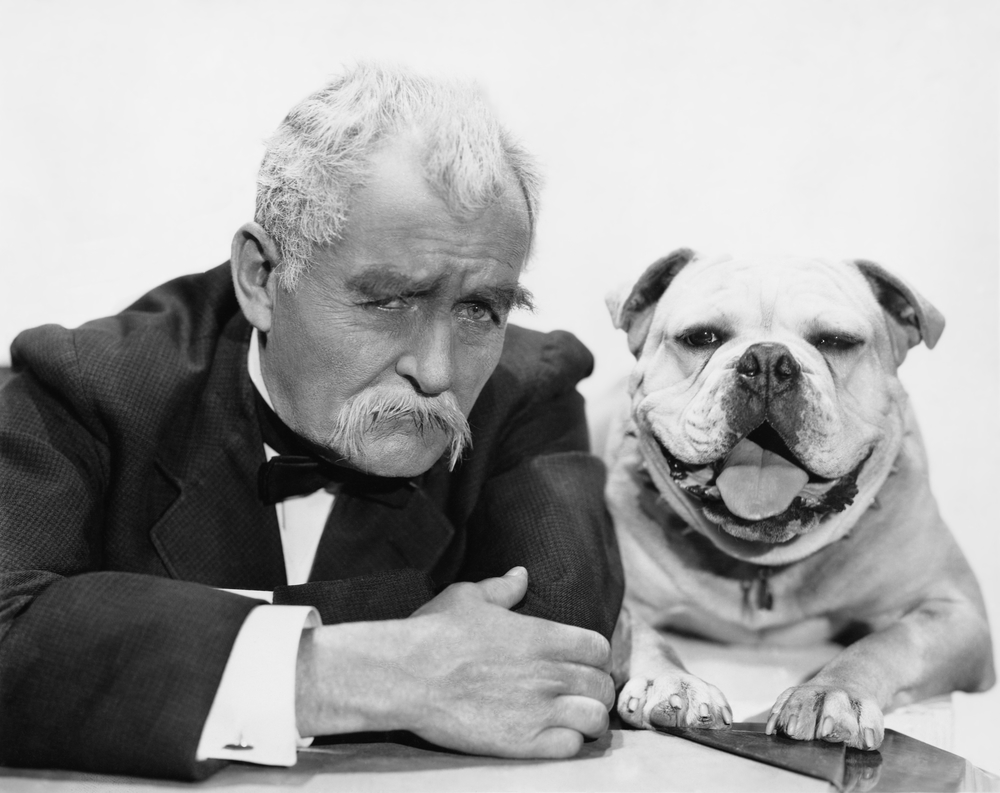There have been so many great people in the world–philosophers, thinkers, powerful leaders, saints, mystics, scientists–and most of them wrote their autobiographies. Some who did not write, their followers or lovers wrote their biographies. The purpose of such stories is mainly to glorify the achievements of the great individuals and to inspire the world so that the ordinary people follow in their footsteps. Many times Osho was also asked about his autobiography. His answer was really unique. His response is recorded in a book Returning to the Source: Paramahansa Yogananda is the first yogi in the whole history of yoga who has written an autobiography. This is foolish because the yogi, by the very nature of his being, has no autobiography. Autobiographies exist around the ego. A yogi, by the very nature of his being, is nobody; that is his whole autobiography.
Happy Ho also provides best Meditation and Tarot classes in Noida and Delhi NCR area India.
In another book, Sufis: The People of the Path, Osho adds: In the East, we have a tradition that the sannyasin should not write his autobiography – because he should not think in terms of autobiography. If you ask a sannyasin from where he comes, he will laugh; to what society he belongs, he will laugh; what his old name was, he will laugh. He will not give you any clue about his past. Yogananda is the first Hindu sannyasin who has written an autobiography – Autobiography of a Yogi – otherwise, the sannyasins have always insisted that they don′t have any past. They efface their past. They have only the present; the now is all that they have – hence the freedom, the absolute freedom, of the sannyasin. Because he has no past he is not imprisoned anywhere. He has no autobiography.
“Just think – if you can drop your autobiography completely, how free you will become in that very instant. And that is the meaning of my sannyas too. When I give you sannyas, what I am in fact telling you is to drop your history, drop your autobiography. Now be connected with your past no more, become discontinuous with it. Now live the moment, and live the moment with clarity, intelligence, awareness, love, but not according to rules. Rules come from the past; love arises here-now. Intelligence is here-now; rules come from the past.”
Historically speaking, Osho physically appeared on the earth on December 11, 1931 and left his body on January 19, 1990–as there is an epitaph on his Samadhi in Pune:
Never Born – Never Died
Only visited this planet Earth between
December 11, 1931 and January 19, 1990
But existentially speaking, Osho belongs to Eternity, does not bother about the dates of birth and death. He says: I don’t have any biography. And whatsoever is thought to be biography is utterly meaningless. On what date I was born, in what country I was born, does not matter. What matters is what I am now, right here.
Dispensing with his biography, he dropped his various names also–Chandra Mohan Jain, Acharya Rajneesh, Bhagwan Shree Rajneesh. It was a question for all his disciples what to call him. Some disciples addressed him as Mevlana Bhagwan, Mere Hamsafar Mere Dost, Maitreya the Buddha, Beloved Friend…such names. In his last days in the physical form on the earth, Osho gave discourses on Zen. In Zen, a master is lovingly addressed by his disciples: Osho. in 1989, a few months before he left his body, Bhagwan Shree Rajneesh, after announcing the removal of his name from everything, agrees to accept ‘Osho’. He tells us: Osho is a very beautiful word. It should be added to every language. Just the sound is beautiful in the first place: Osho. It shows respect, it shows love, it shows gratitude. It is not just a dry word like ‘Reverend’. It is a very loving and friendly word, almost having the sense of ‘The Beloved’.
His thousands of hours of extemporaneous talks after his enlightenment on March 21, 1953, spoken to people from around the world over a period of twenty-five years, most of them recorded, on audio and video. The transcriptions of these talks are published in hundreds of titles in dozens of languages. In these talks, the human mind is put under the microscope as never before, analyzed to the smallest wrinkle. Mind as psychology, mind as emotion, mind as mind/body; mind as the moralist, mind as belief; mind as religion, mind as history, mind as politics and social evolution – all examined, studied, and integrated and then graciously left behind in the essential quest for transcendence.
Many people inquire about his legacy. Unlike so many saints and religious leaders, Osho never chose any successor. He says: Nobody is going to be my successor. Each sannyasin is my representative. When I am dead, you all – individually –will have to represent me to the world.There is not going to be any pope.There is not going to be any Shankaracharya.
Each sannyasin, in his own capacity, has to represent me. This has never happened – but it is going to happen! You are all my successors. When I am dead, that simply means I have left this body and entered all the bodies of my people. I will be within you.
I will be part of you.
In one of the spontaneous talks to his disciples, Osho says: Celebration is the foundation of my way of living – not renunciation but rejoicing. Rejoice in all the beauties, all the joys, all that life offers, because this whole life is a gift of God.To me, life and God are synonymous. In fact, life is a far better word than the word “God.” It is only a philosophical term, while life is real, existential. The word “God” exists only in scriptures. It is a word, a mere word. Life is within you and without you – in the trees, in the clouds, in the stars. This whole existence is a dance of life. Love life. Live your life totally, be drunk with the divine through life. I am in tremendous love with life, hence I teach celebration. Everything has to be celebrated; everything has to be lived, loved. To me nothing is mundane and nothing is sacred. All is sacred, from the lowest rung of the ladder to the highest rung. It is the same ladder: from the body to the soul, from the physical to the spiritual, from sex to samadhi – everything is divine!





